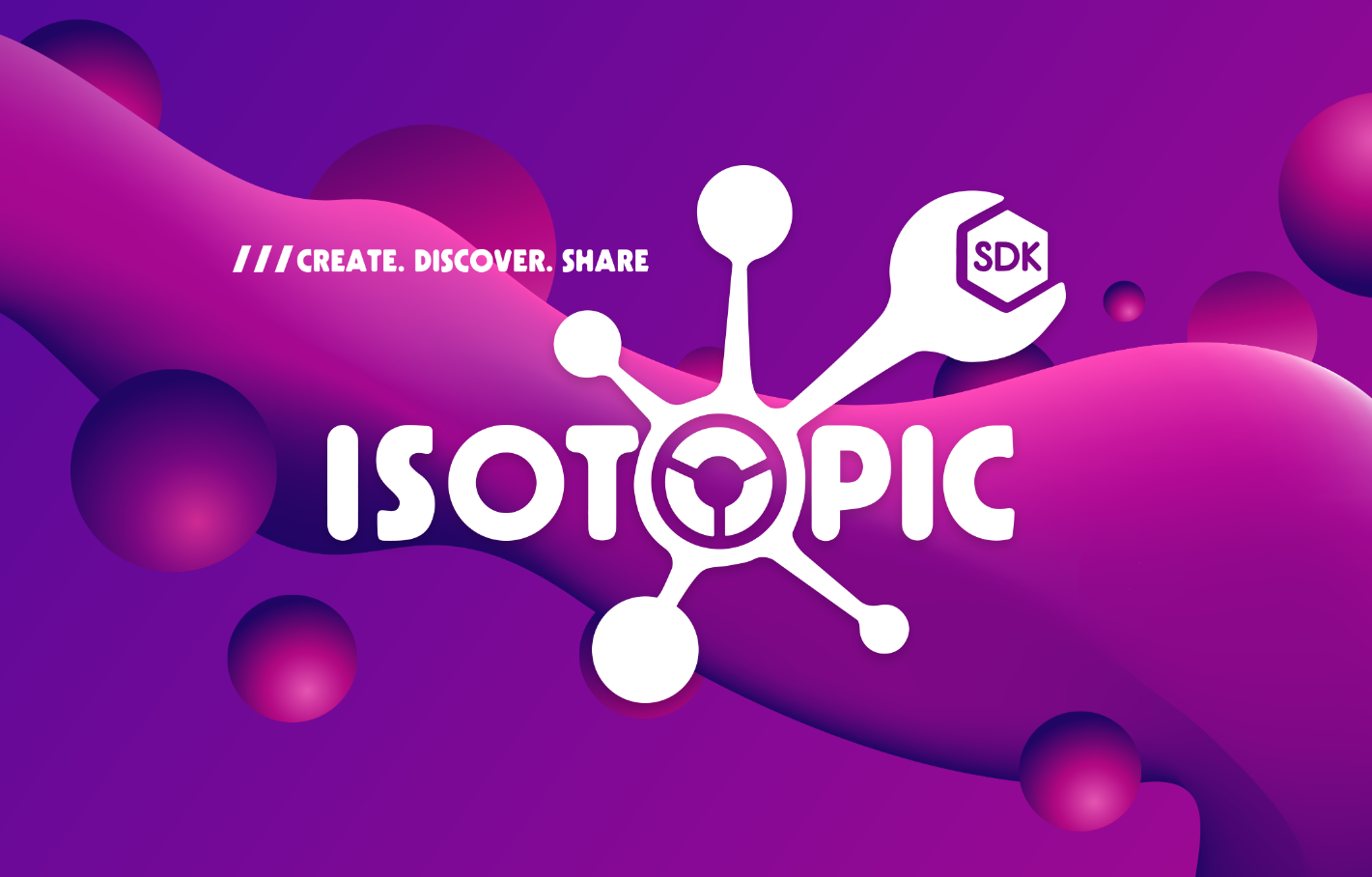
The Power of Decentralization: Blockchain’s Impact on Industries
Blockchain technology is a decentralized digital ledger that records transactions across a network of computers. It is the backbone of the first decentralized digital currency, Bitcoin, but its potential uses go far beyond just digital currencies. Blockchain technology has the potential to revolutionize a wide range of industries and applications, including finance, supply chain management, voting systems, healthcare, digital identity verification, asset management, smart contracts, and gaming.
The decentralized nature of blockchain allows for secure and transparent transactions without the need for intermediaries and can be used in finance, supply chain management, voting systems, healthcare, digital identity verification, asset management, smart contracts, and gaming.
Finance & Digital Identity
One of the most well-known use cases is in the financial sector, where blockchain can be used to facilitate secure and transparent transactions without the need for intermediaries. The decentralized nature of blockchain allows for peer-to-peer transactions, which eliminates the need for intermediaries such as banks, and also enables the creation of digital currencies, such as Bitcoin.
Digital Identity Verification is another area where blockchain can be used. By using blockchain to store digital identities, it is possible to create a tamper-proof record of identities and ensure that they are accurate. This can be especially useful in situations where it is necessary to verify the identity of individuals, such as in banking or voting.
Gaming & Asset management
Blockchain gaming is an exciting use case of blockchain technology. By using blockchain, it is possible to create digital assets that are unique and can be owned by players. These assets can be used in games as in-game items, virtual goods, and collectibles. This can be especially useful in online gaming, where players can purchase and trade digital assets with other players. Additionally, blockchain-based gaming platforms can provide a tamper-proof record of all transactions, ensuring that the results are accurate and that there is no manipulation of the game. Furthermore, blockchain-based gaming can provide a new level of ownership and scarcity for in-game items, as well as a new level of transparency in the virtual economy. This can provide a more engaging experience for players and a new revenue stream for game developers. A good example is Isotopic, a blockchain-enabled Software Distribution Service that has opened up a whole new world of possibilities for gamers and developers to create and publish games using the power of blockchain technology.
Asset management is an area where blockchain technology can be used to improve transparency, security, and efficiency. By using blockchain to manage assets, it is possible to create a record of all transactions and ownership, ensuring that the assets are tracked and that they are properly accounted for. This can be especially useful in situations where it is necessary to track the ownership and movement of assets, such as in the financial industry, where blockchain can be used to track the ownership of stocks, bonds, and other financial instruments. In addition to tracking ownership and movement, blockchain can also be used to automate the process of asset management. This can reduce the need for intermediaries, such as stockbrokers and financial advisors, and also reduce costs and increase efficiency.
Smart Contracts
Finally, Smart contracts are a powerful use case of blockchain technology with companies such as Ethereum and EOS on the front lines. Smart contracts are self-executing contracts with the terms of the agreement written directly into lines of code. They can be used to automate the process of contract execution and can be especially useful in situations where it is necessary to automate the execution of complex agreements.
Overall, blockchain technology has the potential to revolutionize a wide range of industries and applications. The decentralized nature of blockchain allows for secure and transparent transactions without the need for intermediaries and can be used in finance, supply chain management, voting systems, healthcare, digital identity verification, asset management, smart contracts, and gaming. Blockchain technology has the potential to transform the way we conduct transactions and manage assets, providing greater security, transparency, and efficiency. As more companies and industries adopt blockchain technology, we can expect to see even more exciting and innovative use cases in the future.
Find this and more of our articles on Medium, tell us what you think and share it with friends.
-Isotopic team




